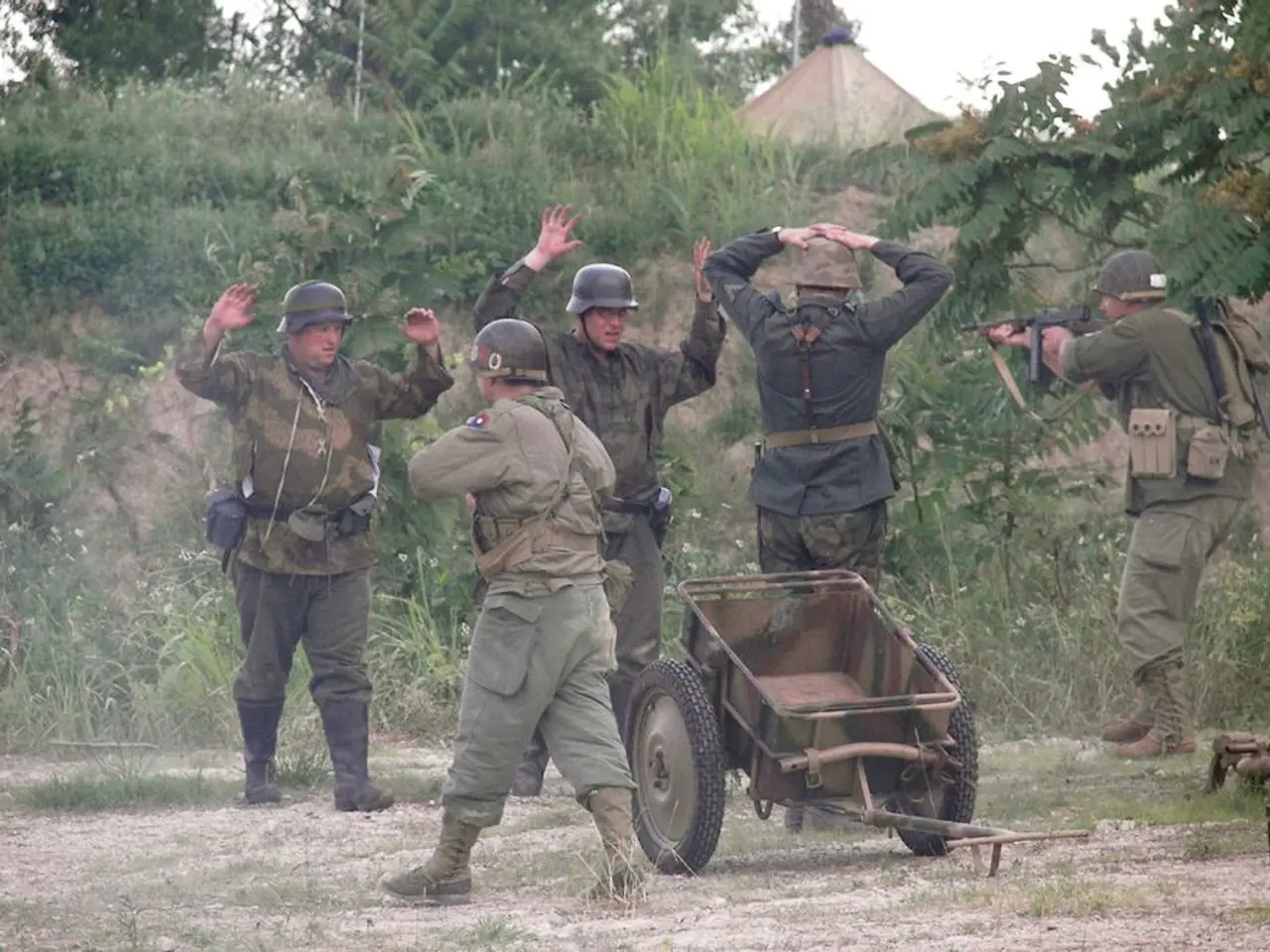Exploring Vietnam: Practical Backpacking Tips and Insights
Vietnam, the "land of the ascending dragon," is a captivating destination that attracts millions of tourists every year. During its most celebrated festival, Tet, the country seems to be on the move as transport and hotels are sold out weeks in advance, prices rise, and the whole nation seems to be in motion.
For UK citizens, traveling to Vietnam has become even more convenient as of 2024, with a visa-free entry policy allowing stays of up to 45 days [1][3][4]. However, for stays exceeding 45 days, an e-visa or another type of visa must be obtained in advance via Vietnam’s official electronic visa portals (https://evisa.gov.vn or https://thithucdientu.gov.vn) [1]. The e-visa system now issues visas valid for up to 90 days with single or multiple entries, simplifying longer visits [1].
Vietnam's currency is the Dong (VND). Visa cards are widely accepted, and most ATMs offer free withdrawals. Tips aren't expected but are appreciated, and a rough guide for tipping is provided in articles.
Halong Bay, a UNESCO World Heritage Site in the northeast of the country, is dotted with thousands of towering limestone islands, making it a must-visit destination. For those seeking a unique party experience, the Castaway Island booze cruise in Halong Bay is renowned for offering the best party in Vietnam.
The country can be divided into three main regions, each with its own unique weather patterns. North Vietnam (Hanoi, Halong Bay, Ninh Binh) experiences cool, dry weather from November to April and hot, humid weather with high rainfall from May to October [2]. Central Vietnam (Hue, Hoi An, Danang) has a hot and dry season from mid-January to late August, with temperatures reaching the mid 30s. The mountainous far north (Sapa) has a rainy season from April to September and a dry season from October to late March [2]. South Vietnam (Ho Chi Minh, Mekong Delta, Phu Quoc) has relatively constant high temperatures throughout the year, with the dry season running from November to April/May and the rest of the year being the rainy season [2].
Exploring the local cuisine is a significant part of any trip to Vietnam. The Hoi An Motorbike Food Tour is a way to discover the cuisine of central Vietnam, while the Hanoi Night Lights and Food Tour is a recommended food tour in the capital.
Sapa in the far north of Vietnam is a must for nature-loving backpackers, offering opportunities for hiking amongst rice terraces and homestays in Hmong villages. For those who prefer the bustling city life, Ho Chi Minh City, with its vibrant nightlife and rich history, is a must-visit.
Whether you're a foodie, an adventure seeker, or a history buff, Vietnam offers something for everyone. With its stunning landscapes, rich culture, and welcoming people, it's no wonder that Vietnam has become one of the most popular travel destinations in Southeast Asia.
[1] https://evisa.gov.vn [2] https://thithucdientu.gov.vn [3] https://www.gov.uk/foreign-travel-advice/vietnam/entry-requirements [4] https://www.gov.uk/foreign-travel-advice/vietnam/visas [5] https://www.vietnam-visa.com/business-visa/
- For an enjoyable travel experience in Vietnam, consult travel guides that offer tips on destinations, transport, and accommodation like hotels.
- The e-visa system has made longer stays in Vietnam more accessible, with validity extending up to 90 days for single or multiple entries.
- The local food and drinks are an essential part of any Vietnam trip, with food-and-drink tours available in cities such as Hoi An and Hanoi.
- For nature enthusiasts, Sapa offers hiking opportunities and homestays in Hmong villages, while Ho Chi Minh City is ideal for those seeking a vibrant lifestyle.
- During Tet, Vietnam's most celebrated festival, travel tips can help navigate the surge in transport and hotel bookings, as well as the increase in prices.




